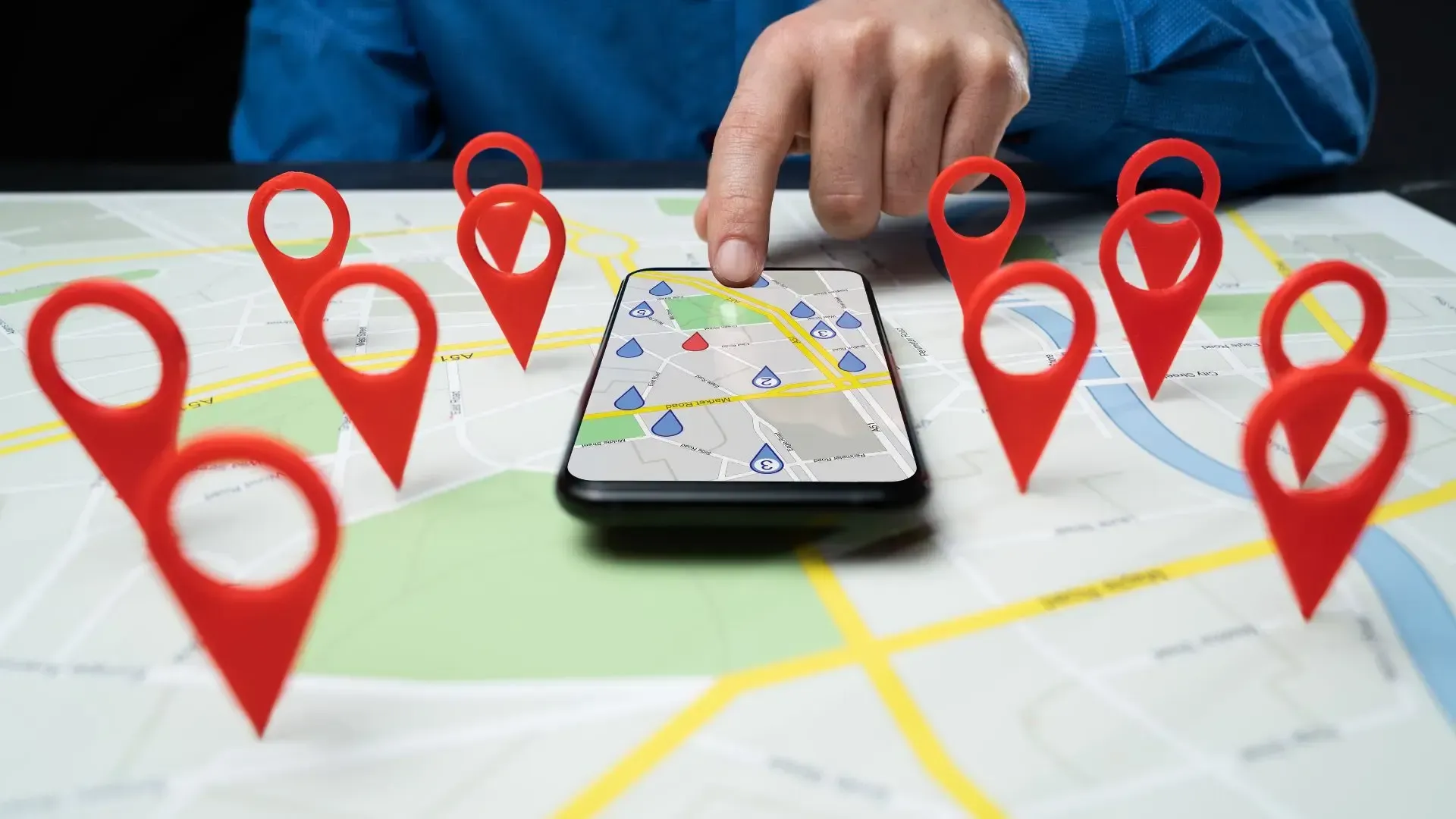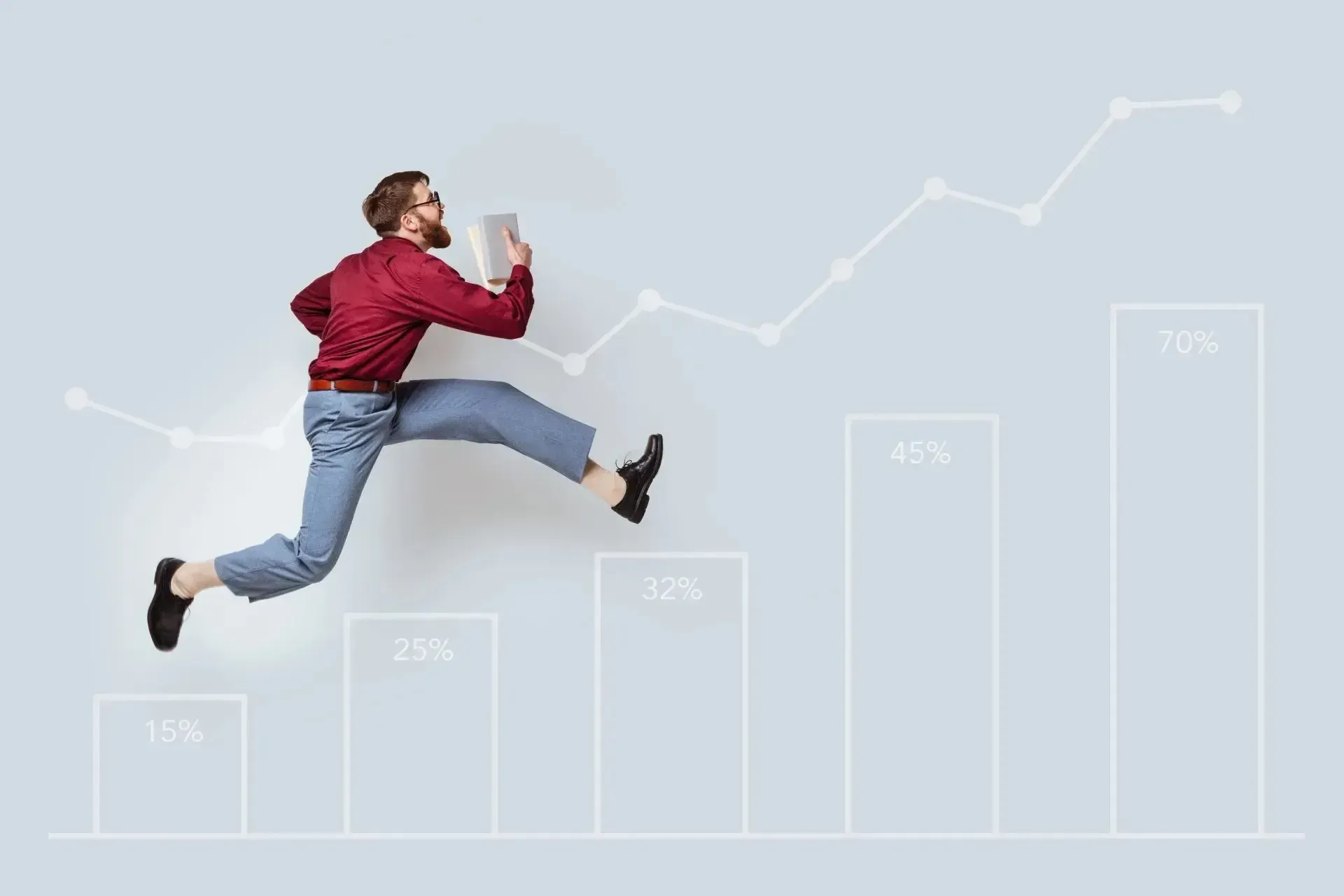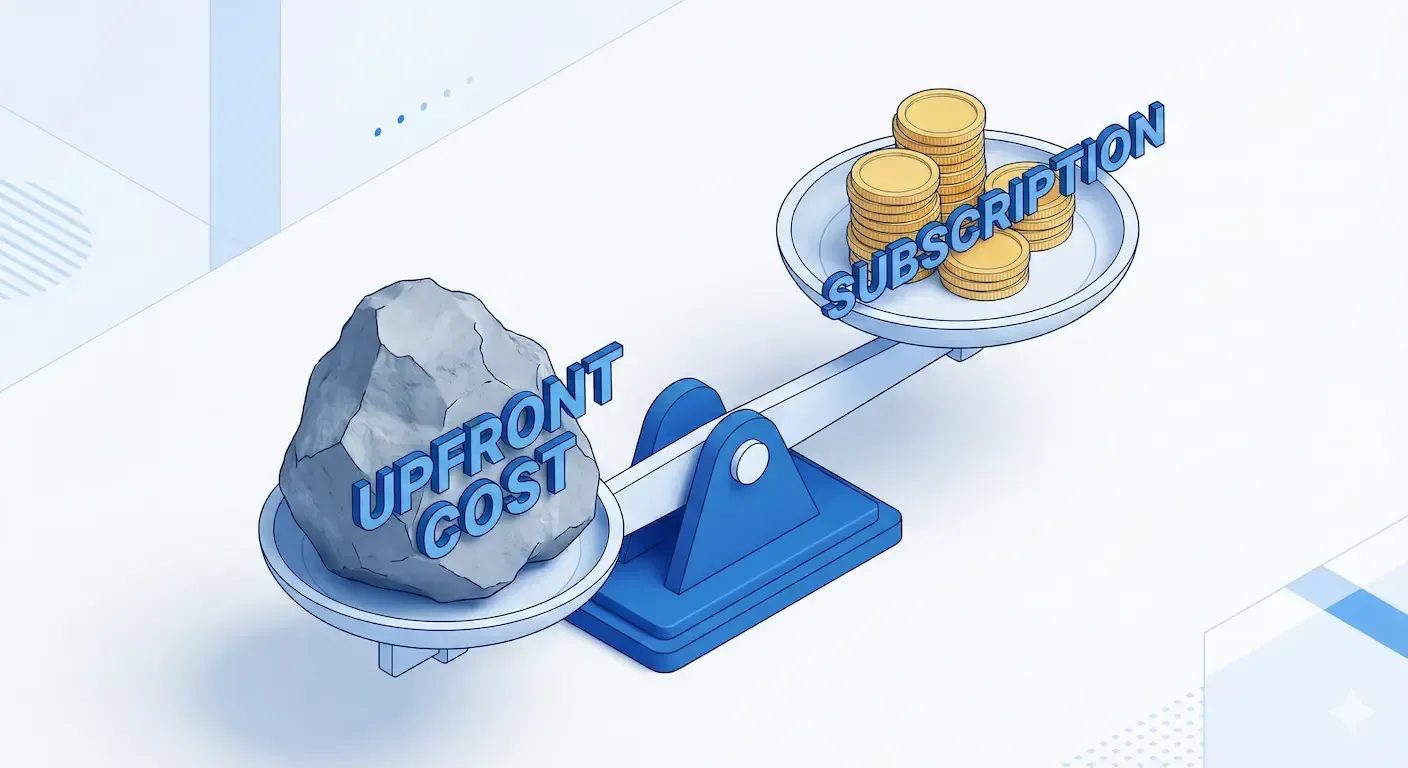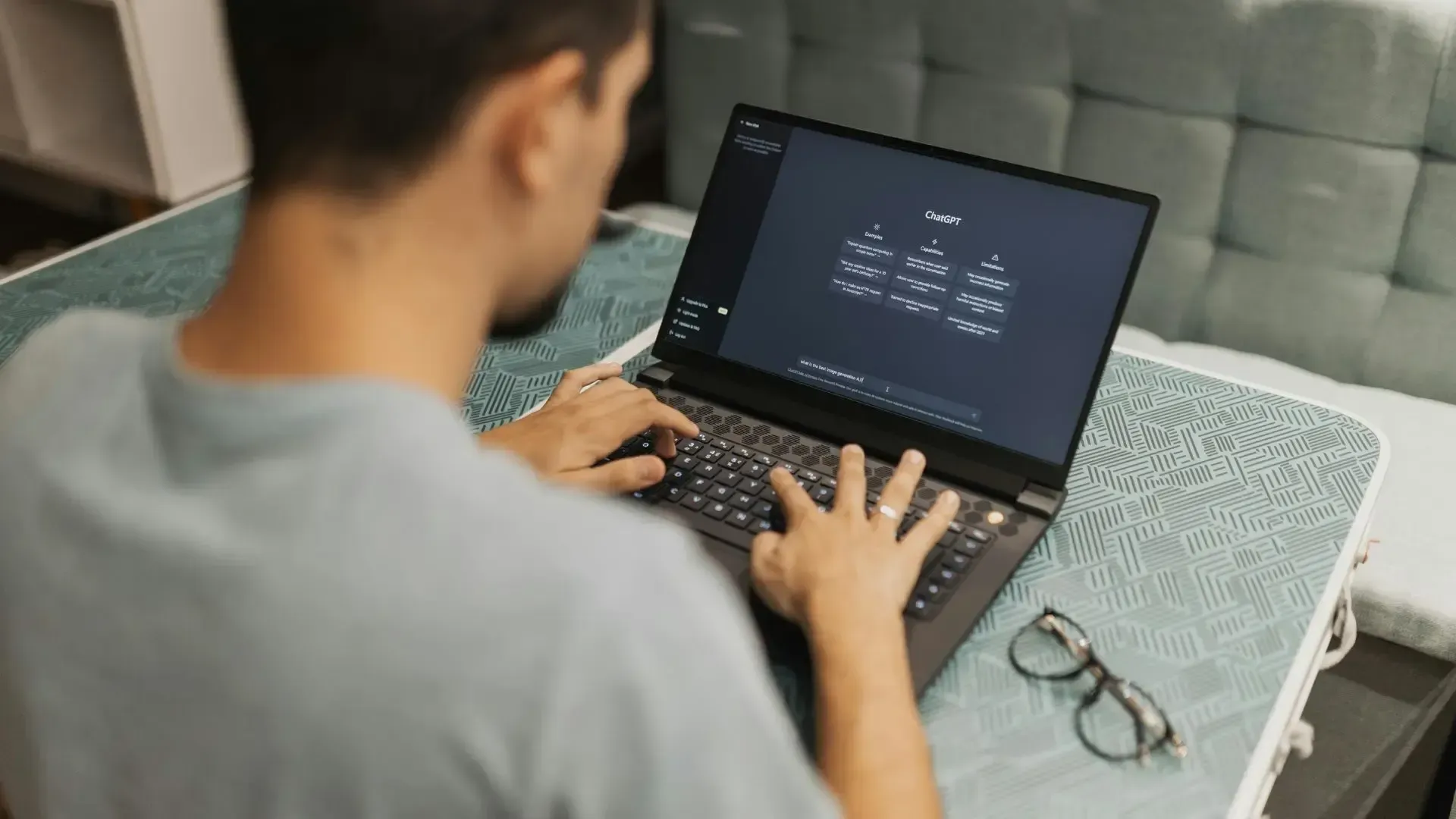Why your Google Search Console numbers may have dropped – and what it really means for small businesses
If you’ve logged into Google Search Console recently and noticed your impressions and clicks have dropped, you’re not alone. Many small business owners across New Zealand (and worldwide) are scratching their heads at reports that suddenly look worse, even when their business hasn’t changed.
The reason? A change Google made in
mid-September 2025 to how search results are delivered — specifically the removal of the old
&num=100
parameter.
In this guide, we’ll explain what that means in plain English, how it impacts your reports, and most importantly, what small businesses should actually do about it.
What is Google Search Console? (quick refresher)
For small business owners, Google Search Console (GSC) is like a window into how people find your website on Google. It shows:
- How many times your site appeared in search (impressions)
- How many clicks you got from those searches
- What keywords people used
- Average position of your site in search results
It’s a valuable tool — but it’s also technical, and sometimes the numbers change for reasons that have nothing to do with your actual business performance.
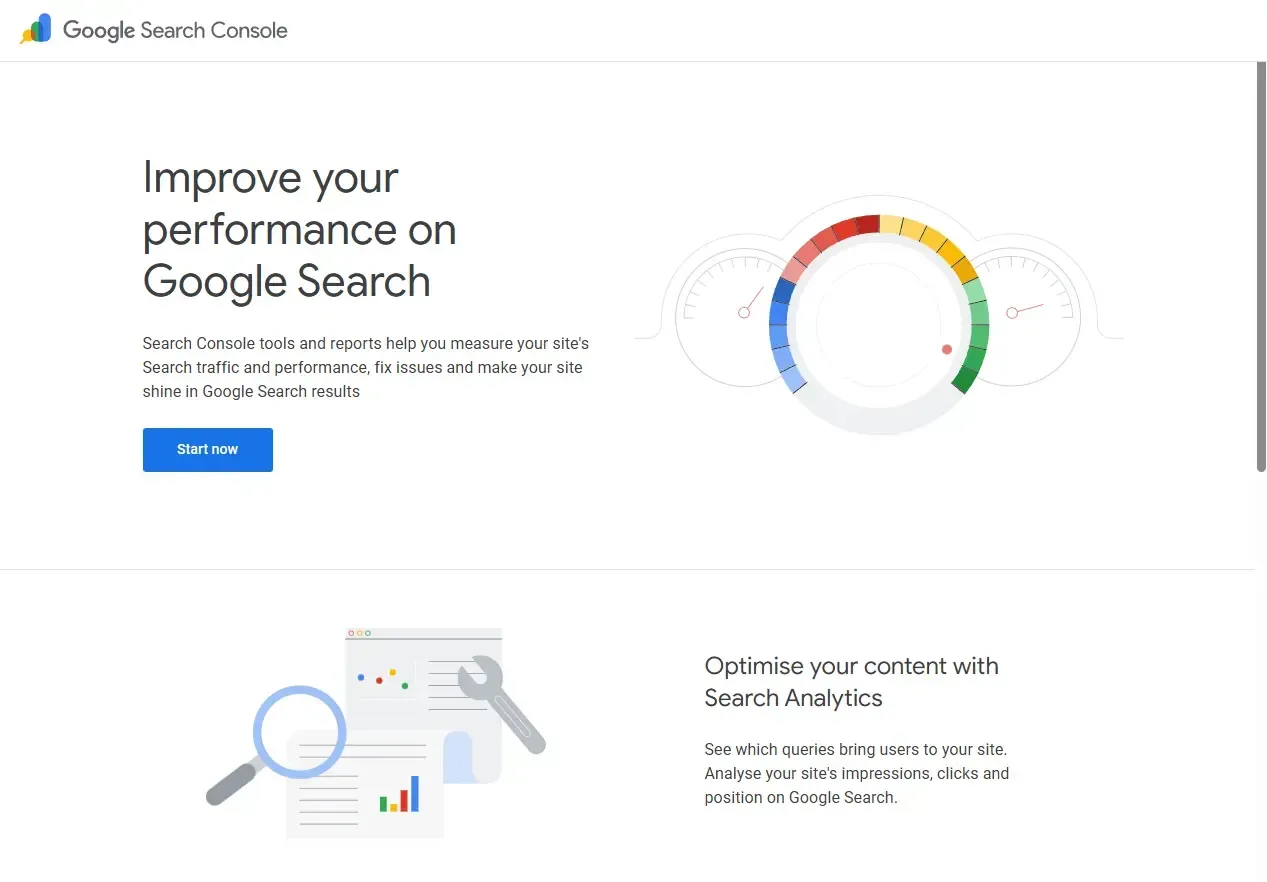
Until recently, many SEO tools (and even Google itself, behind the scenes) used a trick to load 100 results per search page instead of the default 10. This was done with a little add-on in the search URL called
&num=100
.
But between 12–14 September 2025, Google disabled this feature. That means:
- Tools can no longer see/search those “extra” results as easily.
- Many impressions that were counted before (often from low-ranking pages) are no longer being tracked.
- Data in Search Console looks different — usually fewer impressions, sometimes fewer clicks.
For most small businesses, this looks like a drop in visibility, when really it’s a data reporting change, not necessarily a drop in customer interest.
Why did impressions and clicks drop?
Here’s the simple version:
- Less deep-page data
- If your site showed up on page 5, 6, or 7 of Google, those impressions used to be counted when tools scraped 100 results at a time. Now they’re not.
- Fewer bots inflating numbers
- Automated SEO tools were “seeing” your pages, which counted as impressions. With
&num=100disabled, those impressions disappeared.
- Cleaner (but smaller) data
- What’s left in Search Console is closer to what real users see — usually the first 1–2 pages of results.
So yes, impressions are down. But in most cases, it’s not because your customers can’t find you — it’s because the reporting has changed.

What this means for small business owners
If you’re a café owner, builder, or consultant in Christchurch, should you be worried that impressions are down?
Not necessarily. In fact, this could be a good thing:
- You’ll now see a clearer picture of your real visibility in Google.
- Reports are less “noisy” and focus more on keywords where you actually have a chance to win.
- Your average position and CTR (click-through rate) might even look better, since deep, irrelevant impressions are gone.
What you shouldn’t do
- Don’t panic and assume your SEO has failed. This is a technical reporting shift.
- Don’t chase impressions alone. Visibility on page 7 means very little — what matters is traffic that turns into business.
- Don’t compare apples to oranges. Look at your data from after mid-September 2025 as a new baseline, not against older reports.
What you should do instead
- Focus on clicks and conversions
- These matter far more than impressions. Are people still visiting your site? Filling in forms? Calling you?
- Look at high-intent keywords
- Which searches bring in real customers? E.g., “web design Christchurch” is worth more than “what is a website design”.
- Optimise your website design for local SEO
- Ensure your pages load quickly, look good on mobile, and include your local area (Christchurch, Canterbury, NZ) in headings and content.
- Keep your Google Business Profile fresh
- Google is surfacing GBP listings more often than websites for local search. Post updates, ask for reviews, and add services.
- Track enquiries separately
- Use your website contact form submissions, phone call tracking, or even simple enquiry counts to see if leads are holding steady.

The role of AI in search (the bigger picture)
It’s also important to zoom out. Search itself is changing — with AI Overviews, ChatGPT, and AI-powered assistants delivering answers directly in search results.
This means:
- Your website content needs to be clear, trustworthy, and structured.
- Tools like llms.txt (which Digital Presence now includes on all websites) help AI systems read and reference your site.
- Local businesses that adapt early will keep showing up in both traditional search and AI-driven answers.
The &num=100
change in
mid-September 2025 might make your Search Console graphs look scary — but for most small businesses, it’s not a sign that customers can’t find you. It’s a shift in how Google reports data, not in how people search.
Instead of chasing every impression, focus on:
- Getting clicks from the right searches
- Turning those clicks into enquiries and sales
- Keeping your website and Google Business Profile optimised for local search and AI
That’s how you’ll win in the long run — regardless of how Google tweaks the numbers behind the scenes.


